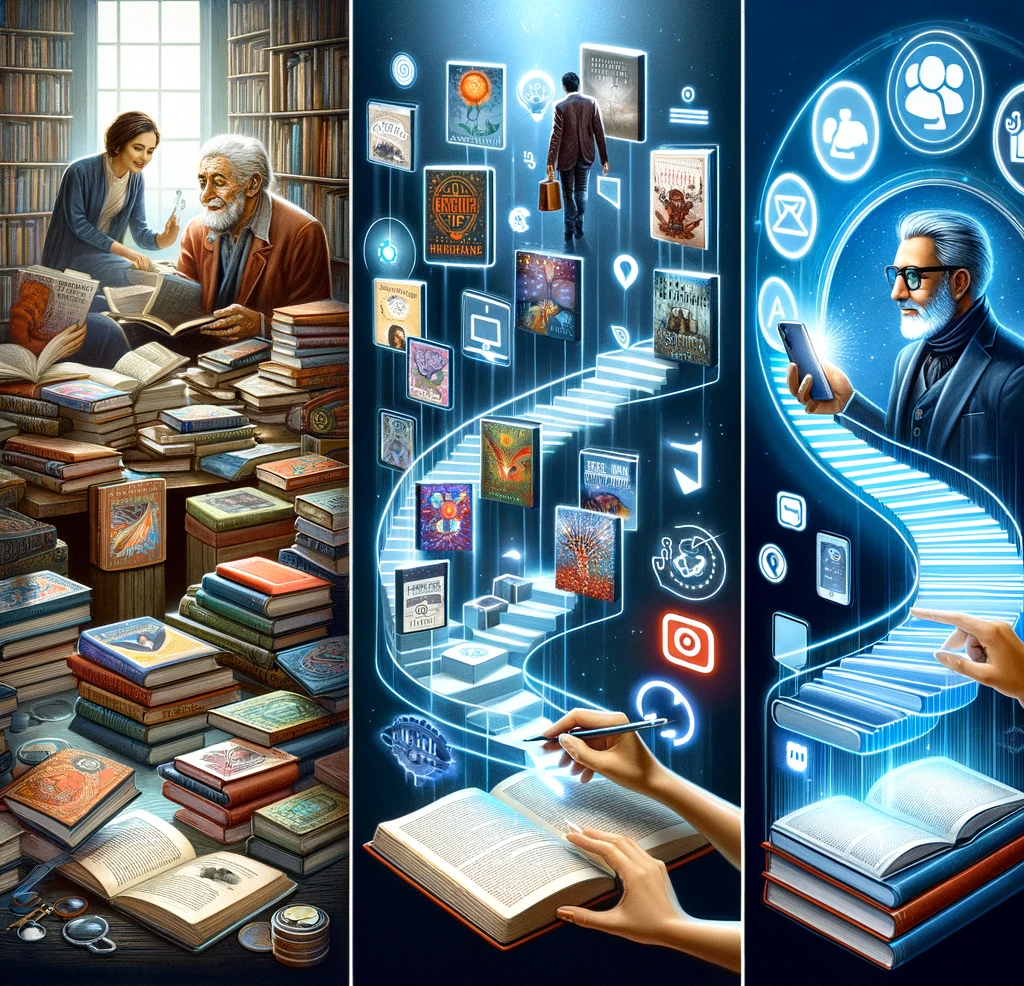
Conversing with Books: How to Use GPTs to Promote Your Work
Conversing directly with a book is now a reality, transforming the traditional interaction between authors, readers, and literary works. This is now possible thanks to the release of GPTs by OpenAI.
In this context, books transcend their static nature and become interactive entities. It becomes a dynamic, engaging experience where the reader can directly interact with the content, getting tailored responses and deepening their understanding. This breakthrough in reading technology marks a significant leap in how we consume and engage with literature.
For my book “The Art of Prompt Testing”, I’ve created a GPT that you can try here.

The Magic of Custom GPTs: The Talking Book
Custom GPTs, as defined by OpenAI, are adapted versions of ChatGPT, tailored for specific tasks or topics. Now we can create a GPT that knows every word of the book, understands its context, and the author, and can even guide you on where to buy it. This technological advancement allows for rich and personalized interaction, enhancing how readers discover and engage with books.
When you interact with this kind of GPTs, you’re entering into a dialogue with the book itself. Ask about specific topics covered in the book, request a summary of a chapter, or even inquire about the inspiration behind the work. This interaction allows you to quickly assess whether the book is relevant to your needs or interests, offering a much richer and more personalized user experience than a simple review or synopsis.
Personalization and Understanding
The power of Custom GPTs lies in their ability to adapt to each user. By interacting with it, every question you ask becomes an opportunity to tailor the content. This interaction creates unparalleled value, as the GPT can respond with specific examples, additional reading recommendations, and even discuss practical applications of the concepts covered in the book.
Unlike traditional reviews or book excerpts, talking with a Custom GPT is like having a conversation with an expert on the topic. This real-time interaction not only provides instant answers to your queries but also offers a deeper, contextual understanding of the book’s themes. Instead of a generic summary, you get insights tailored to your interests and needs.
The Impact on Book Marketing
Custom GPTs like the one I use, represent a new way of book marketing. By providing readers with an interactive, personalized way to explore content, authors and publishers can stand out in a saturated market. This approach not only attracts readers for its novelty but also offers a tangible sample of the book’s value and relevance.
For readers, a Custom GPT is an invaluable tool for making informed decisions about their reading choices. Rather than relying on reviews or general descriptions, readers can ask specific questions and receive answers that reflect exactly what they are looking for in a book. This not only saves time but also enhances reader satisfaction in finding books that truly resonate with their interests.
Conclusion
Custom GPTs represent a new way to approach book marketing. They not only promote books effectively but also enrich the learning and reading experience. With the continuous evolution of AI technology, we are entering an exciting era where knowledge and information are more accessible and engaging than ever.
